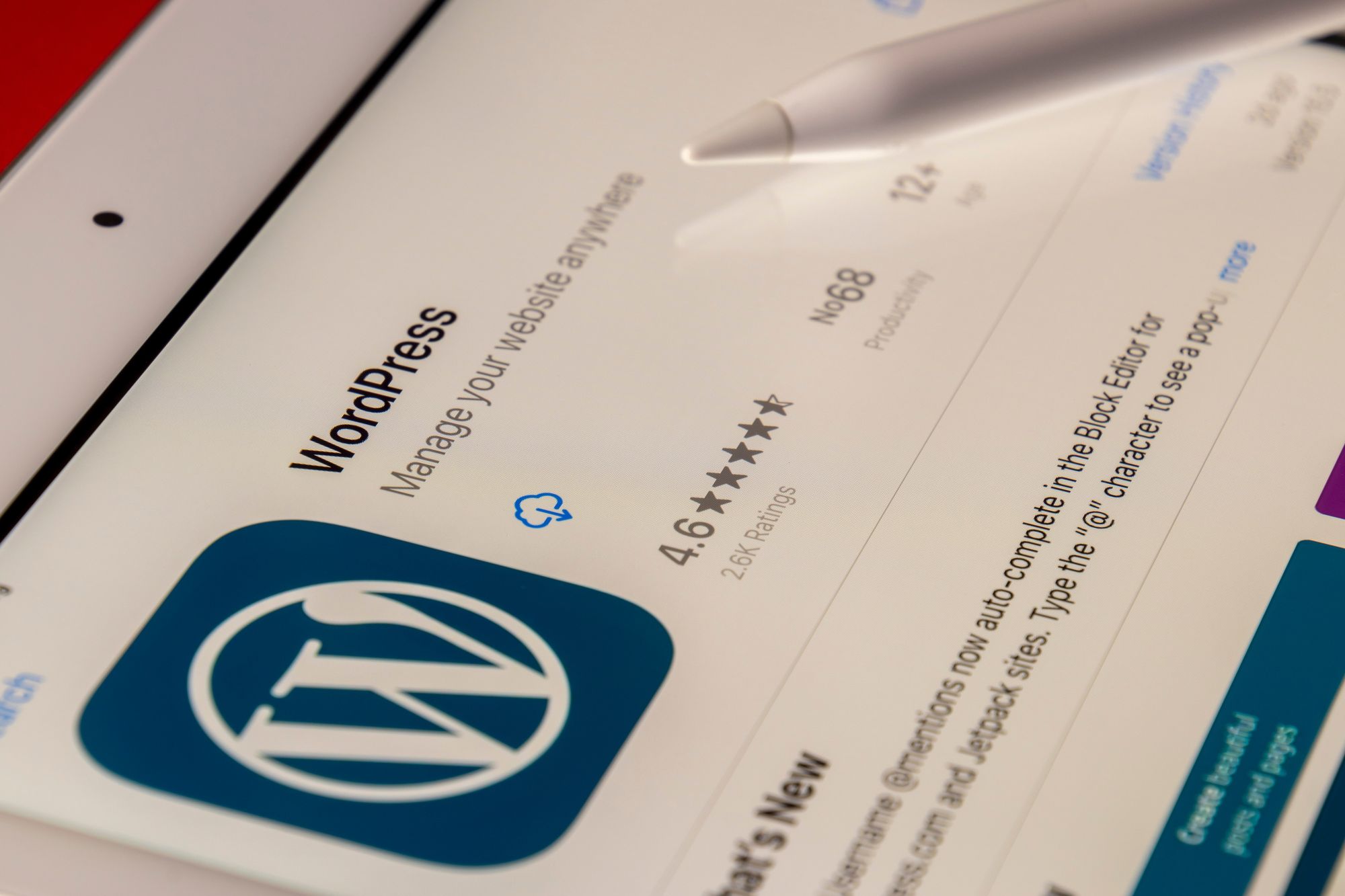Are you looking for a reliable and secure WordPress hosting provider? With so many options available, it can be hard to know which host is right for your needs.
When selecting a hosting provider, several factors need to be taken into consideration. From the size of your website to the type of server you require to the security measures in place – these all play an important role in determining which host is best suited for you.
In this article, we will discuss seven tips to help you choose a WordPress host that suits your needs. We'll explore topics such as cost-effectiveness, scalability, customer support, and more.
By following these guidelines, you’ll be able to make an informed decision when selecting a web hosting service for your WordPress site.
1. Understand Your Needs
WordPress is a versatile and user-friendly content management system (CMS) that can be used for any business. It's the most popular CMS in the world, powering over 34% of all websites on the internet.
WordPress is used by beginners and certified WordPress pros alike. Because it is so versatile, many options exist for a hosting provider, which can make it tricky when selecting the best hosting provider.
Consider the size and scope of your website. Will you need a lot of storage space? Will it include large files such as images or videos? Do you expect to have high traffic volumes or need additional security measures in place?
Knowing what your website needs and having a clear idea of the features you require from your WordPress host will help ensure that you select the most suitable one.
2. Research Different Hosting Providers
Once you know what your website needs, take some time to research different hosting providers. Look at their features, support, and pricing. Ask them questions regarding any concerns you have with their services.
Also, read user reviews to get an idea of the experiences others have had using that particular host.
Some of the most popular WordPress hosts are:
Read the full list and reviews at G2 here.
There are a lot of WordPress hosting providers, and there are some key things to consider when selecting yours:
3. Look for Reliability & Security Features
Ensure your host is reliable and secure. Your WordPress host should have a robust server infrastructure with good uptime and reasonable response times. They should also offer security features such as firewalls and daily backups to help protect your site from hackers and other malicious attacks.
Reliability and security are paramount when choosing a WordPress host. Having reliable service means that your website will be accessible to visitors more often, which is crucial to running a successful online business.
With secure hosting, you can rest assured that your website and its data will be safe from malicious attacks.
This is especially important if you're going be hosting sensitive data about your users. For example, if you need to store medical information you need a HIPAA compliant host, and if you need to store financial data you need to be especially careful.
Reliable hosting provides an experience for your visitors and customers that is fast, secure, and hassle-free.
4. Check Support Options
Make sure you have access to technical support when needed. The best WordPress hosts will provide you with live chat, email support and telephone assistance. Additionally, they should have a knowledge base where you can find answers to frequently asked questions.
It’s important to check the support options before selecting a host, as having access to help in case something goes wrong is invaluable. Good customer service can make or break your online business, so it's worth doing your research and finding a provider that will be there when you need them.
5. Think About Scalability & Performance
Choose a host that can grow with you as your website expands. Look for a host that offers unlimited data storage, bandwidth, and email accounts. Additionally, the hosting package should include performance-enhancing features like caching and content delivery networks (CDNs).
These features can help your website load faster, which is essential for keeping visitors on your site and improving search engine rankings. Faster loading times can also lead to higher conversion rates, as customers are more likely to stay on the page if they don’t have to wait too long.
6. Consider Maintenance & Updates
Make sure your host provides automatic software updates and security patches. You should also check if they offer managed WordPress hosting services to take care of maintenance and security tasks for you.
Having a host that takes care of these tasks for you can be very useful, as it ensures your website is running smoothly and helps to protect it from potential threats.
7. Review Pricing & Payment Options
You should be aware of the various cost factors associated with hosting a WordPress site, including renewal fees and add-on services such as domain registration or website optimization. It’s also helpful to have multiple payment options available so that you can choose the one that best suits your budget.
Watch out for hidden fees. Some hosts may advertise low prices or seemingly generous free trials, but then charge extra for certain features or services.
Wrapping Up
By keeping these tips in mind, you can find a WordPress host that meets all of your needs and provides the performance and reliability you need to ensure success for your website.
There are plenty of other tips to become a WordPress hosting guru, so be sure to continue to do your research. With the right hosting provider, you can ensure your site runs smoothly with minimal downtime and maximum security.

